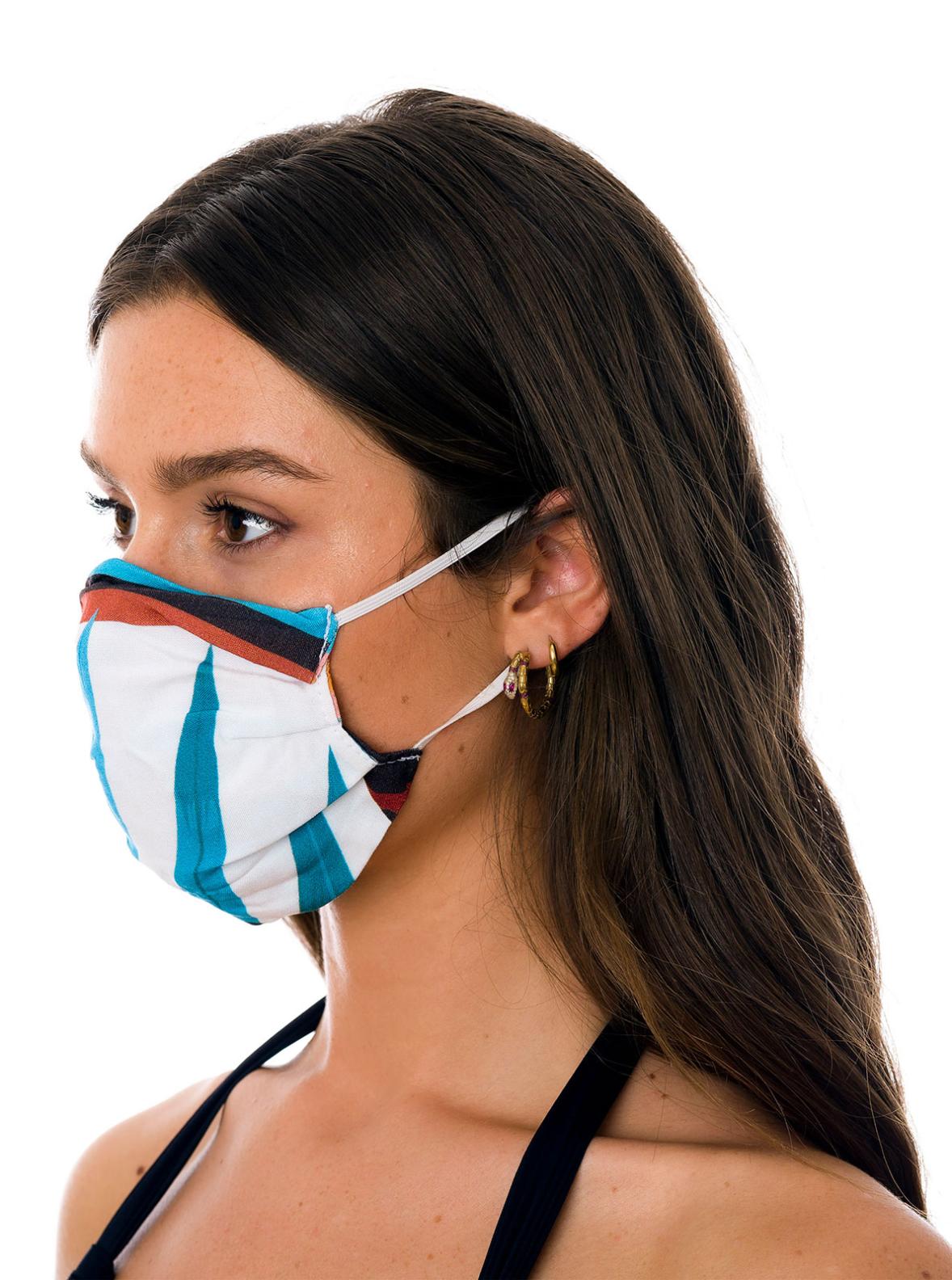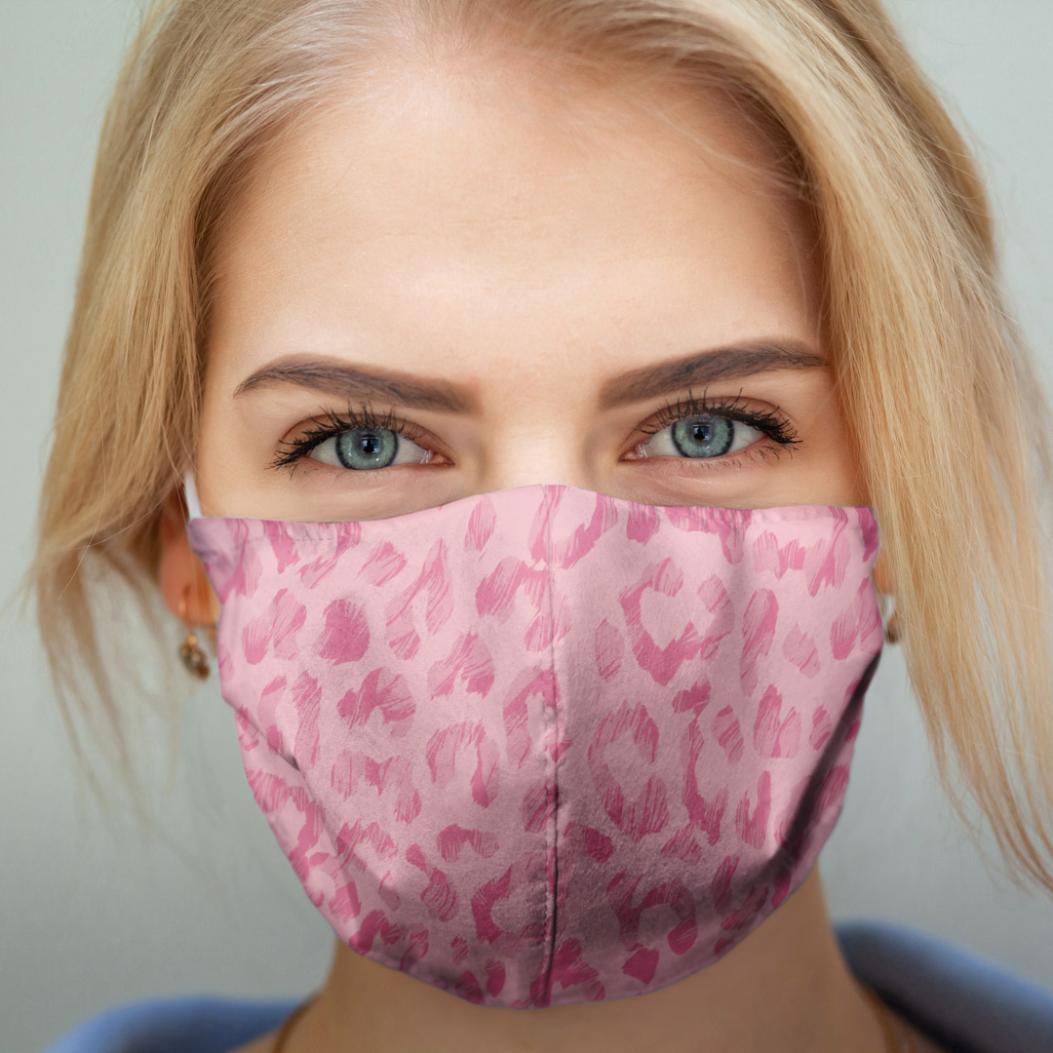What Are the Social and Cultural Considerations for Wearing Face Masks?
In the wake of the COVID-19 pandemic, face masks have become a ubiquitous sight around the world. While their effectiveness in preventing the spread of respiratory illnesses is well-established, the social and cultural implications of mask-wearing are complex and varied. This article explores some of the key considerations related to the social and cultural aspects of wearing face masks.

1. Cultural Norms And Values:
Different cultures have varying attitudes towards face masks. In some cultures, mask-wearing is seen as a sign of respect and consideration for others, while in others, it may be viewed as a symbol of fear or submission. These cultural norms and values can influence individuals' willingness to wear masks, even in the face of public health recommendations.
2. Social Stigma And Discrimination:
In some societies, wearing a face mask can carry a social stigma. Individuals who wear masks may be perceived as being overly cautious, fearful, or even sick. This stigma can lead to discrimination and social isolation, particularly for vulnerable populations such as the elderly, immunocompromised individuals, or those with underlying health conditions.
3. Communication And Nonverbal Cues:
Face masks can hinder nonverbal communication and make it difficult to convey emotions and expressions. This can be particularly challenging in situations where facial expressions play a crucial role in social interactions, such as in education, customer service, or healthcare settings. The inability to see facial expressions can lead to misunderstandings, misinterpretations, and reduced social engagement.
4. Accessibility And Affordability:

Access to face masks and their affordability can also be a social and cultural consideration. In some communities, face masks may not be readily available or may be too expensive for individuals to purchase regularly. This can exacerbate existing social inequalities and make it difficult for marginalized populations to comply with mask-wearing mandates.
5. Religious And Personal Beliefs:
For some individuals, wearing a face mask may conflict with their religious or personal beliefs. Certain religious groups may have specific guidelines or prohibitions regarding face coverings, while others may view mask-wearing as a violation of their individual liberty or autonomy.
6. Political Polarization And Misinformation:

The issue of face masks has become politicized in many countries, with different political groups holding opposing views on their necessity and effectiveness. This polarization can lead to misinformation and distrust, making it difficult for individuals to make informed decisions about mask-wearing. Misinformation campaigns and conspiracy theories can further erode public confidence in mask mandates and guidelines.
7. Balancing Individual Rights And Public Health:
The decision to wear a face mask often involves a delicate balance between individual rights and public health considerations. Some individuals may argue that their personal freedom and autonomy should not be infringed upon by mask mandates. However, public health experts emphasize the collective responsibility of individuals to protect themselves and others, particularly during a pandemic.
The social and cultural considerations surrounding face masks are complex and multifaceted. Cultural norms, social stigma, communication challenges, accessibility, religious beliefs, political polarization, and the balance between individual rights and public health all play a role in shaping individuals' attitudes and behaviors towards mask-wearing. Understanding these considerations is essential for developing effective public health strategies and promoting mask-wearing as a collective effort to protect the health and well-being of communities.
YesNo

Leave a Reply